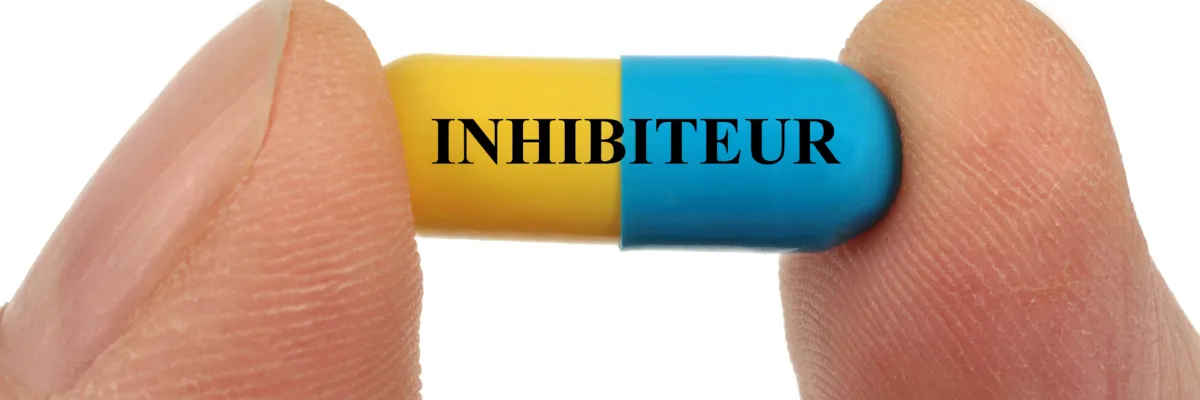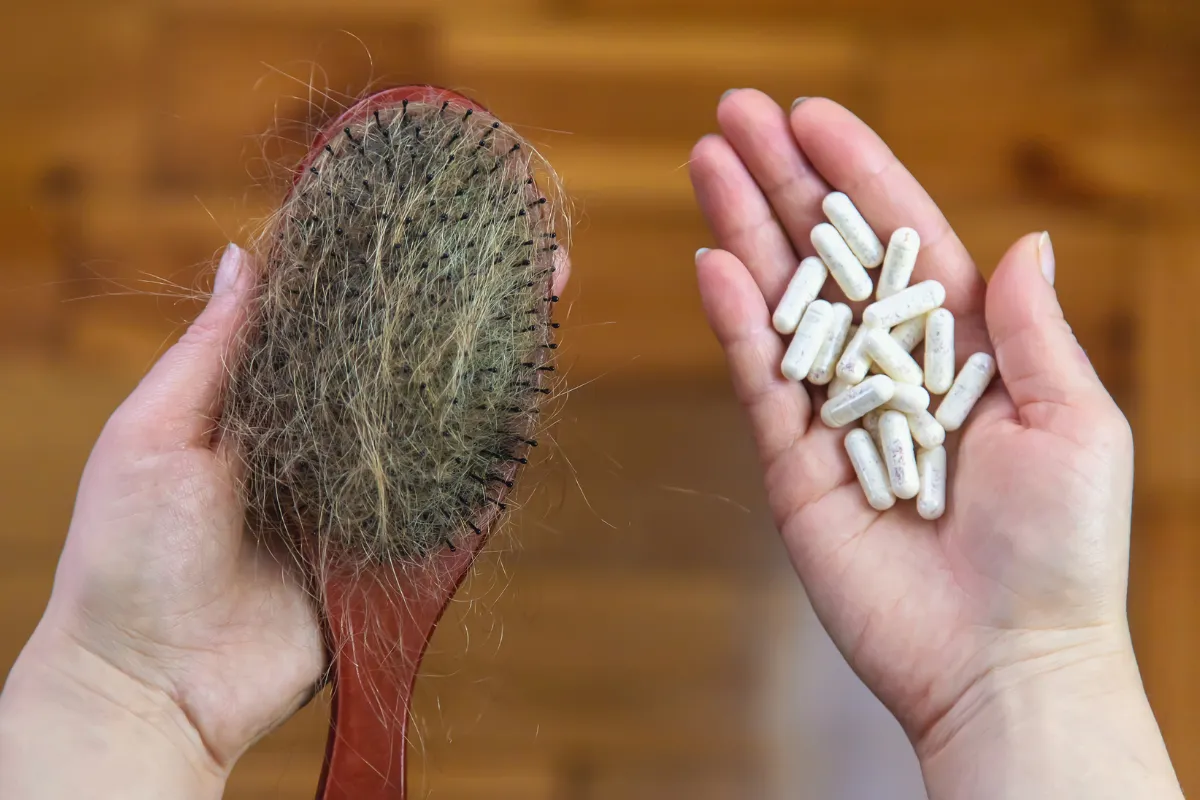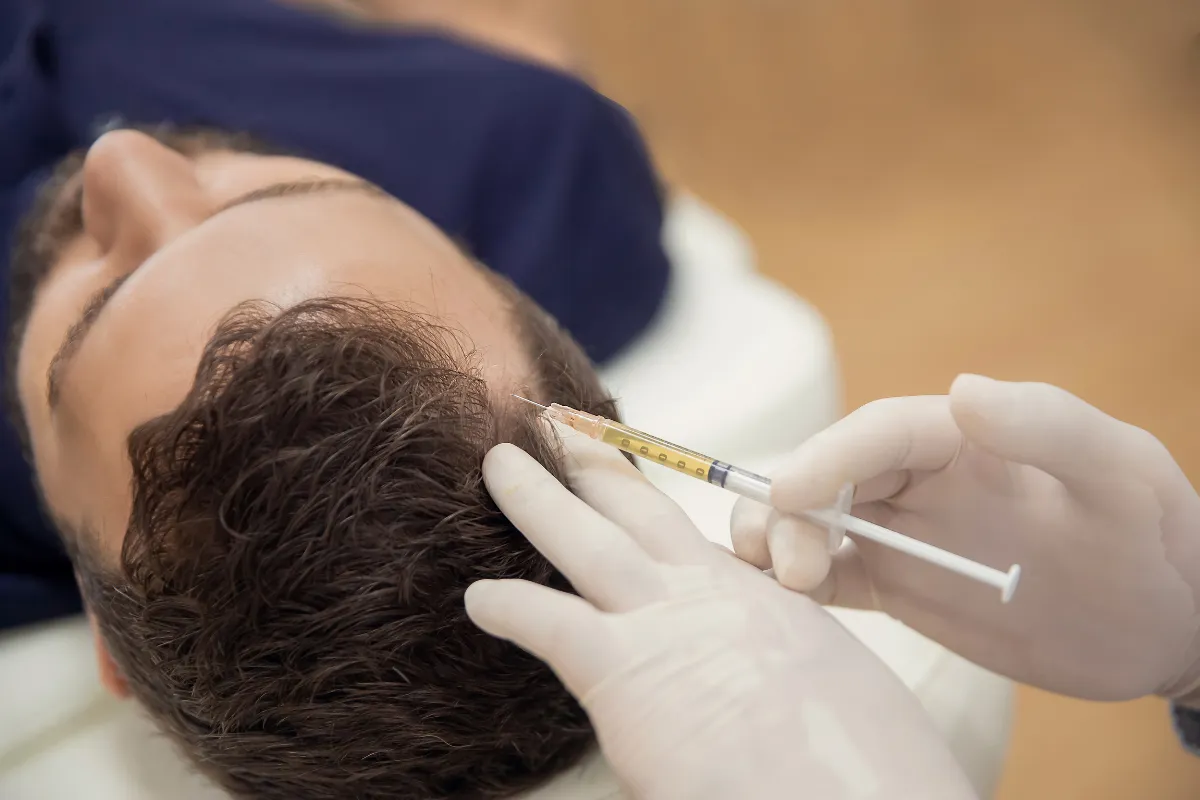
A Comprehensive Guide to Drugs That Can Cause Hair Loss
Certain medicines can cause temporary hair shedding by pushing follicles into a resting phase (telogen effluvium) or, less commonly, by affecting actively growing hair (anagen effluvium). Shedding may start weeks to months after a new prescription or dose change. Never stop a medication on your own—work with your clinician to confirm the cause and choose safer options.
Hair loss is stressful, and it’s even more frustrating when it seems to start after a new medication. Drug‑related shedding is usually reversible, but timing and severity vary by drug, dose, and your health history. This guide explains how medication-related hair loss happens, which drug categories are most often involved, and the next steps to take.

Table of Contents
How Medications Can Trigger Hair Loss
Hair grows in cycles: a growth phase (anagen), a transition phase (catagen), and a resting phase (telogen). Some medications shift more follicles than usual into the resting phase or interfere with rapidly dividing cells, which can increase shedding. Most people notice diffuse thinning rather than bald patches.
Telogen Effluvium
This is the most common pattern of drug‑induced hair loss. It happens when hair follicles enter the resting phase earlier than they should, so more hairs fall out at the same time. Shedding often begins about 2–4 months after starting a medication or changing the dose.
Anagen Effluvium
This form is less common but can be more sudden and noticeable. It affects hairs in the active growth phase and may lead to rapid shedding within days to weeks. It is most often associated with chemotherapy and certain other cancer therapies.
Medication Categories Commonly Linked to Hair Shedding
Not everyone who takes these medications will experience hair loss. The risk can be influenced by dose, duration, genetics, nutritional status, hormone levels, thyroid function, and recent illness or stress. This list is not exhaustive, but it covers the most frequently reported categories.

Chemotherapy And Some Cancer Treatments
Cancer therapies often target fast‑dividing cells, which can include the cells that support active hair growth. This may cause anagen effluvium. Hair typically regrows after treatment ends, though texture and density may change temporarily.
Examples:
- Cyclophosphamide
- Doxorubicin
- Methotrexate (used in some cancer protocols and also in autoimmune disease)

Hormonal Medications
Medications that change hormone levels can affect hair follicles, especially in people who are sensitive to androgen shifts. Hair changes may show up as thinning at the temples or overall shedding.
Examples:
- Some birth control pills
- Hormone replacement therapy (HRT)
- Androgenic steroids (including anabolic steroids)

Antidepressants And Mood Stabilizers
A small percentage of people experience telogen effluvium after starting or adjusting psychiatric medications. If it happens, your prescriber may be able to switch the drug or modify the dose.
Examples:
- Fluoxetine (Prozac)
- Sertraline (Zoloft)
- Lithium

Blood Pressure Medications
Some beta‑blockers and ACE inhibitors have been associated with hair shedding in susceptible individuals. Do not discontinue blood pressure medication without medical guidance.
Examples:
- Metoprolol
- Atenolol
- Lisinopril

Acne Treatments And Vitamin A Derivatives
High‑dose vitamin A derivatives can contribute to thinning in some people. This is more likely at higher doses or when combined with other triggers of telogen effluvium.
Examples:
- Isotretinoin

Anticoagulants (Blood Thinners)
Some blood thinners can disrupt the hair cycle and trigger diffuse shedding. Your clinician can help weigh the benefits and consider alternatives when appropriate.
Examples:
- Warfarin
- Heparin

Anti‑Seizure Medications
Certain anti‑epileptic drugs can affect nutrient metabolism or follicle cycling, which may contribute to hair loss. Never change seizure medication without specialist supervision.
Examples:
- Valproic acid

Immunosuppressants
Medications that suppress the immune system may be linked to thinning or shedding, depending on the drug and dosage. Because these drugs treat serious conditions, changes should be coordinated with the prescribing team.
Examples:
- Methotrexate
- Cyclosporine

What Drug‑Induced Hair Loss Looks Like
Drug‑related shedding often appears as overall thinning across the scalp, increased hair in the shower drain, or more hair on your brush or pillow. Some people notice a widening part or reduced ponytail thickness. Severe, rapid shedding is less common and is more typical of anagen effluvium.

What To Do If You Suspect Your Medication Is Causing Hair Loss
- Check the timeline: note when shedding started and whether it followed a new medication, dose increase, or a major illness.
- Contact the prescriber: ask whether hair loss is a known side effect and whether labs (iron/ferritin, thyroid, vitamin D, B12) make sense for you.
- Discuss alternatives: in many cases there are other options, or the dose can be adjusted.
- Support regrowth: gentle hair care, adequate protein and iron intake, and stress management can help while the cycle resets.
- Consider treatments: topical minoxidil may be useful for some people, but confirm safety with a clinician—especially if you are pregnant, breastfeeding, or have heart conditions.
Avoid stopping a prescription suddenly unless a clinician tells you to. Abrupt changes can be dangerous for conditions like high blood pressure, seizures, depression, or blood clot risk.
Hair‑Care Tips While Shedding
- Use a gentle shampoo and avoid aggressive scalp scrubbing.
- Limit heat styling and tight hairstyles that pull on the roots.
- Avoid harsh chemical treatments (bleach, strong relaxers) until shedding settles.
- If you color your hair, ask your stylist about lower‑impact options during the shedding phase.

When To See A Dermatologist
See a dermatologist if shedding is severe, lasts longer than 6 months, comes with scalp pain, redness, scaling, or patchy hair loss, or if you have symptoms such as fatigue, weight changes, or irregular periods. A specialist can examine your scalp, review medications and labs, and rule out conditions like androgenetic alopecia, alopecia areata, or thyroid disease.
Frequently Asked Questions
What is the most common drug for hair loss?
Minoxidil is the most commonly used hair-loss medication.
Can antidepressants cause hair thinning?
Yes, some antidepressants can trigger temporary telogen effluvium hair shedding.
Do blood pressure medications lead to hair loss?
Yes, some blood pressure drugs can cause temporary hair shedding.
Is hair loss from medication temporary or permanent?
Usually temporary, improving months after stopping or switching the medication.
How long after starting a medication does hair loss begin?
Typically 2–4 months after starting, consistent with telogen effluvium timing.




